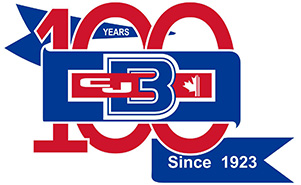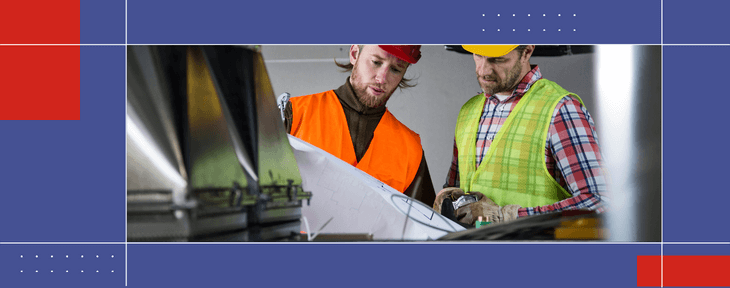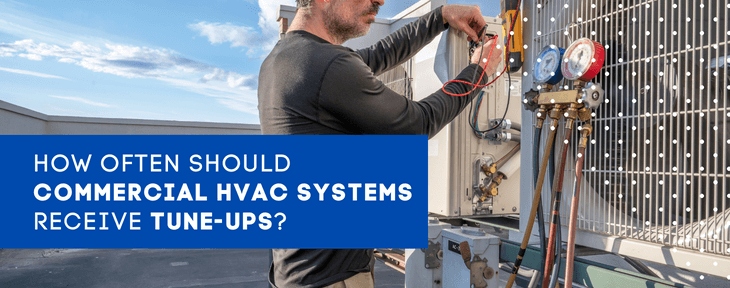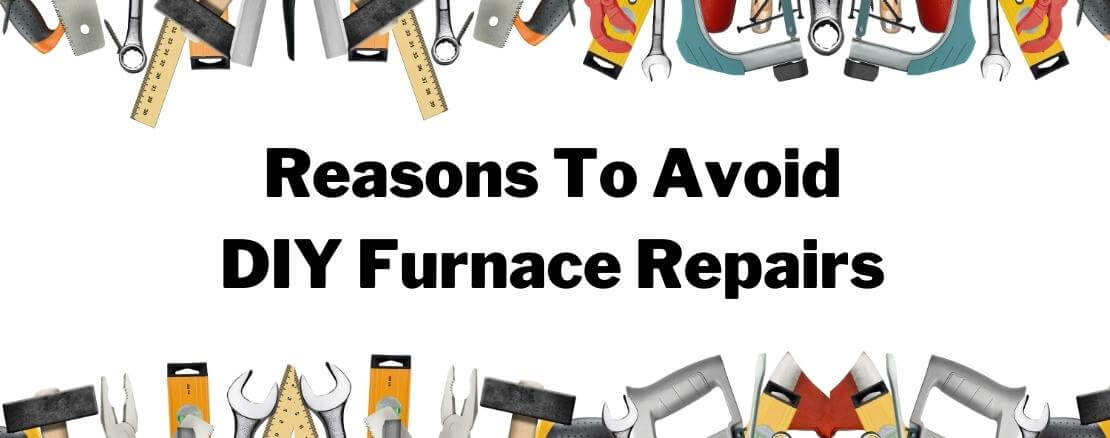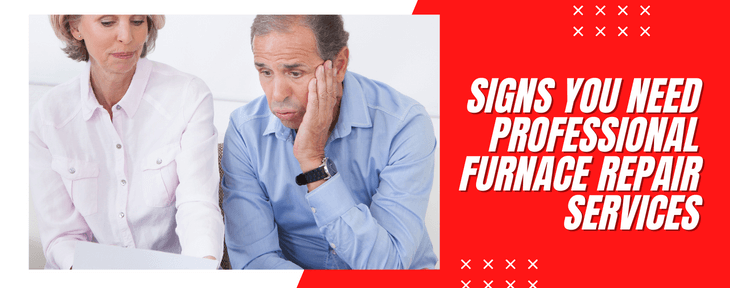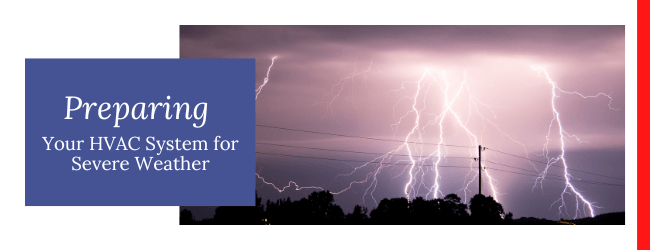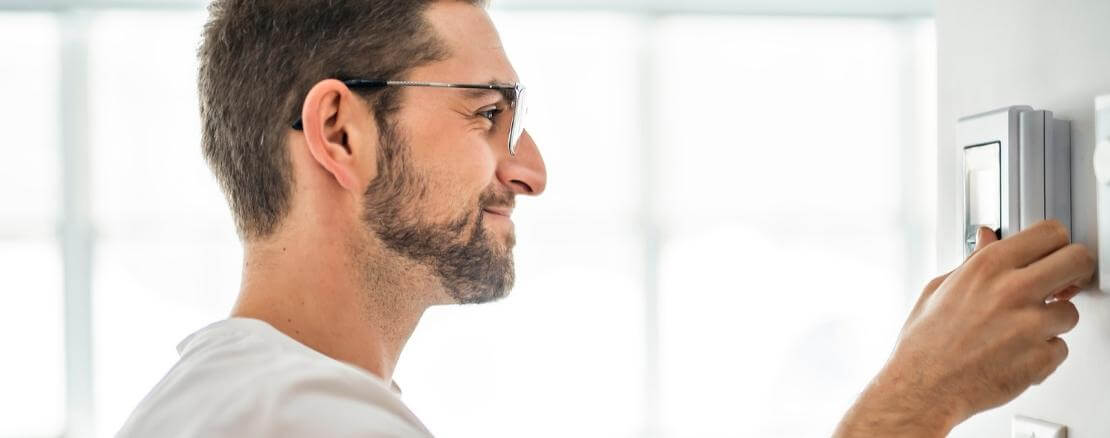Choosing a Commercial HVAC System: 4 Factors To Consider
As a Waterloo business owner, the comfort of your employees and customers is probably a priority for you, and having a complete heating, ventilation and cooling system can help you accomplish this. If your building requires an HVAC overhaul or you need an older system replaced, at CJ Brubacher Ltd., we are standing by to help you make a few decisions regarding your choices for HVAC replacement and furnace repair in Waterloo.
1. Building Size Matters
One of the most important factors in choosing a commercial HVAC system is the size of your building. The overall square footage and the number of floors can affect the quality of the heated or cooled air each section receives and how much ductwork each floor might require. If you choose a system that is too small for your building’s needs, you may pay higher energy costs and reduce the life of the system as it struggles to heat and cool an area too large for its output capacity.
Our technicians can advise you about your building’s needs and what type of system you need to keep your employees and customers comfortable and heat and cool spaces without wasting energy. This can help you save money over time, as controlling the efficiency of your HVAC system can prevent unnecessary wear and tear on important components and give you greater control over how you heat and cool your building.
2. The Condition of Your Current System
If you call us for commercial furnace repair and our technicians discover that your current system is no longer working as it should due to age or damage, they can list any current issues they find and help you decide whether repairs or a complete replacement of the system is necessary. Several factors may influence your choice, such as whether your building’s existing system is still safe to operate.
When an HVAC system ages, it’s motor and other moving parts may not work as effectively, causing inadequate heating or cooling in certain far-reaching areas of your building. Most commercial HVAC systems last about 20 years, so if your building’s system has not been replaced in the last few decades, it may be time to consider a replacement rather than a repair.
3. Cost
If you do decide to replace your existing heating and cooling system, then cost will likely play a role in what type you choose. For example, a single-split system is generally more cost-effective than a multi-split system, which has more operating options and gives your the ability to heat and cool specific spaces, such as offices and breakrooms. Multi-split systems can heat and cool large commercial buildings with lower energy costs, which could help you offset the price of installation.
Our service technicians can help you decide which HVAC system suits your current budget. They can inspect your building and inform you about which floors need consistent heating or cooling or whether a split-level system is a better choice for buildings with areas you do not always use consistently, such as storage spaces.
4. Building Location and Geography
Your building’s location can have a definite impact on how its HVAC system works and the type you may need for it to function correctly. Moisture, for instance, can have a significant effect on your current HVAC system’s ducts and cause the formation of mold inside the tubes, which can increase the risk of mold spores affecting other areas of the building.
Your commercial building’s HVAC requirements can affect the comfort and well-being of anyone who works or visits it. Contact us today to schedule an appointment and make your commercial building comfortable for everyone who works or visits.
